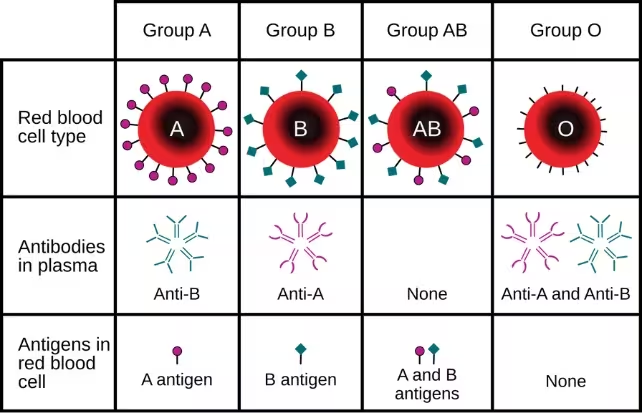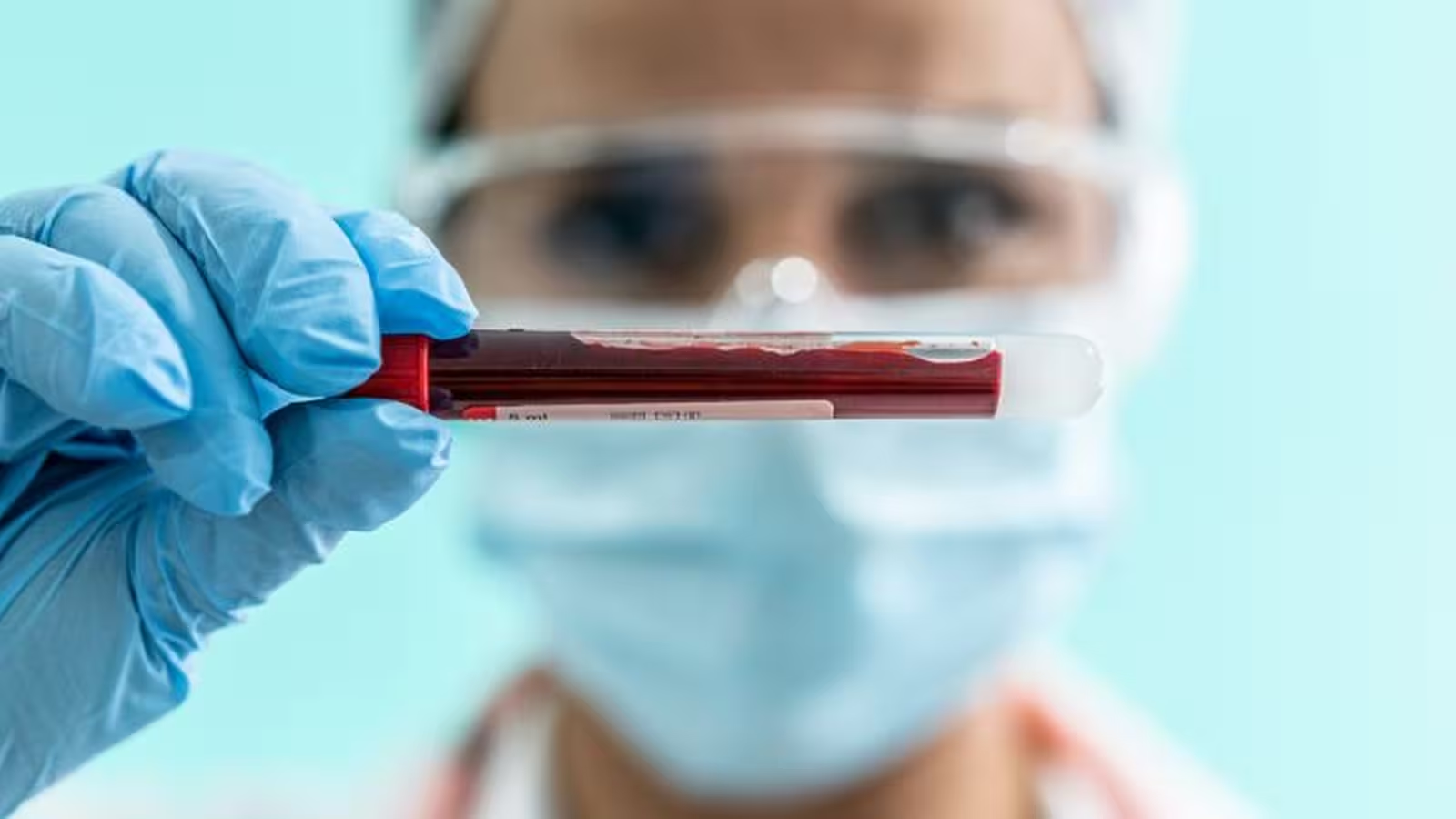3 Minutes
Breakthrough Identification of the World's 48th Blood Group System
A team of French scientists has announced the remarkable discovery of a new, exceptionally rare blood group, named "Gwada negative." This groundbreaking finding was officially confirmed by the French Blood Establishment (Établissement Français du Sang, EFS) and recognized by the International Society of Blood Transfusion (ISBT), marking the addition of the 48th blood group system to the world’s medical knowledge base.
The Patient Behind the Discovery
The discovery centers around a French woman originally from Guadeloupe, a Caribbean island. In 2009, doctors collected a blood sample from her during routine pre-surgical testing in Paris. Initial analysis revealed the presence of a highly unusual antibody, which did not align with any previously known blood groups. For years, limited scientific resources delayed a definitive classification.
Genetic Analysis and the Naming of 'Gwada Negative'
Advances in high-throughput DNA sequencing finally made it possible to unravel the genetic mystery in 2019. Researchers discovered a unique mutation responsible for the blood group, inherited from both of the patient’s parents, each carrying the altered gene. The medical team honored her heritage by naming the system "Gwada negative"—a term that is phonetically appealing across numerous languages, according to lead EFS medical biologist Dr. Thierry Peyrard.

Scientific Significance and Implications
Until this point, the ISBT recognized only 47 blood group systems, with the ABO system—identified in the early 20th century—being the most widely known. The addition of "Gwada negative" widens the spectrum of our understanding of human blood diversity. Dr. Peyrard highlighted, “She is the only known person in the world with this blood type—she is uniquely compatible with herself.” The case underscores the importance of ongoing research in blood group genetics, as even the rarest types bear major clinical significance.
Potential Impact and Future Research
The identification of new blood groups has vital implications for transfusion safety and personalized medical care, especially for patients with rare blood requirements. According to the EFS, unearthing novel blood group systems enables healthcare providers to enhance treatment options and donor compatibility for individuals with rare conditions. Currently, researchers are launching efforts to identify any other carriers of the "Gwada negative" blood group around the globe.
Conclusion
The discovery of the "Gwada negative" blood group system is a significant milestone in hematology and genetic research. It not only highlights the complexity of human blood diversity but also stresses the value of advanced genetic sequencing technologies in modern medicine. As scientists continue to map the landscape of rare blood groups, patients worldwide could benefit from improved transfusion safety and personalized care strategies.
Source: sciencealert



Comments